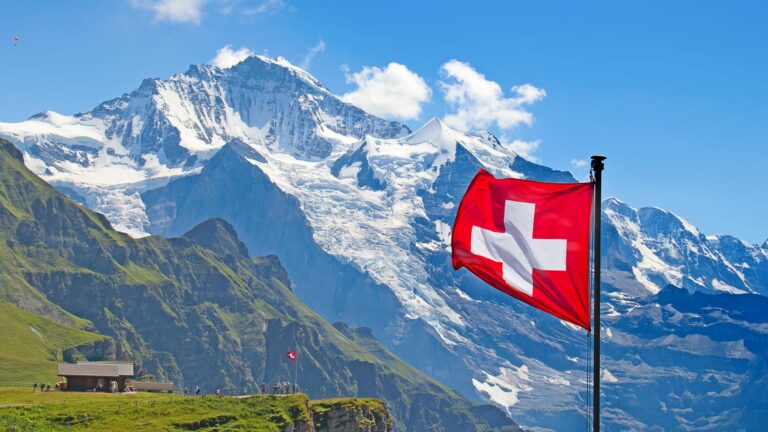What can we learn from the Swiss seniors in protection of our human rights?

In order to answer this question, let’s delve into the details of the case Verein KlimaSeniorinnen Schweiz and Others v. Switzerland. This is a landmark ruling by the European Court of Human Rights (Court) in the intersection of human rights, climate change, and, not least, our daily lives.
Four older women and a Swiss association (Verein KlimaSeniorinnen Schweiz) were deeply concerned about the consequences of global warming on their living conditions and health. Being unsuccessful in their country – Switzerland – they brought the claim before the Court.
Swiss seniors and the association argued that the Swiss authorities were not taking sufficient action to mitigate the effects of climate change, despite their obligations under the European Convention of Human Rights (Convention). The Court found there were violations from the Switzerland of a few rights, among them is the Right to Respect for Private and Family Life. Another fundamental human right – Right to Life – was also considered, but since there was not only a human being involved, but also an association, the Court in its ruling didn’t mention that right.
The Court further discussed whether Switzerland, as a state, fulfilled its positive obligations under the Convention. It was held, that the state failed to comply with its duties concerning climate change, it didn’t fully implement the regulatory framework and didn’t reach the targets on greenhouse gas emission.
The case brought a new era for the assessment of human rights violations and the accountability of the states.
Interestingly enough, that these Swiss seniors and the association were not the only who brought an action to the European Court of Human Rights, to assess whether the climate change is part of different sectors of the human rights. Recently, there were 2 other cases, including the one, with children, students and young adults suing the 33 countries for breaching the obligations under the Convention (case of Duarte Agostinho and Others v. Portugal and 32 Others). Although two other cases were unsuccessful in the first instance, due to the other grounds (processual), however it does not mean, that they will be dismissed later when these flaws will be corrected.
Nevertheless, the ruling on Swiss seniors’ case is of significant impact. It underscores the importance of the climate change as a human rights issue. It recognizes that our daily lives, our well-being, our rights (to life, to health, even to education) are directly affected by climate change and deeply connected with the climate goals of the countries.
We can learn from these Swiss seniors that we, as individuals, can support initiatives that promote climate action, hold governments accountable, and protect our fundamental rights.
We can learn from the Swiss seniors to engage in sustainable practices, by adopting such practices in reducing waste and promoting eco-friendly lifestyles, and/or by advocating for the green policies.
We can teach other generations, we can use the social media platforms to raise awareness and mobilize support for climate action.
As students, and employees, of such international university, we can use our network to collaborate across borders, by sharing experiences, knowledge, solutions. You, as a student, can even propose resolutions in MUNYP (Model United Nations UNYP) conferences that address the climate change and human rights.
Remember, you have a powerful voice, but also a unique perspective, so you can contribute to a more sustainable future for us all.
UNYP Chronicle Newsletter
The e-mail address you provide will be used only to send you the newsletter. Your privacy is important to us.

Contacts
University of New York in Prague
Londýnská 41, 120 00 Praha
ID no: 25676598
Phone:
+420 224 221 261
Email: unyp@unyp.cz
Kazakhstan
UNYP Representative Office
Yelebekov Street 10/1
BC Venus, Block 1
Almaty, Republic of Kazakhstan
Phone: +7 777 557-59-87










